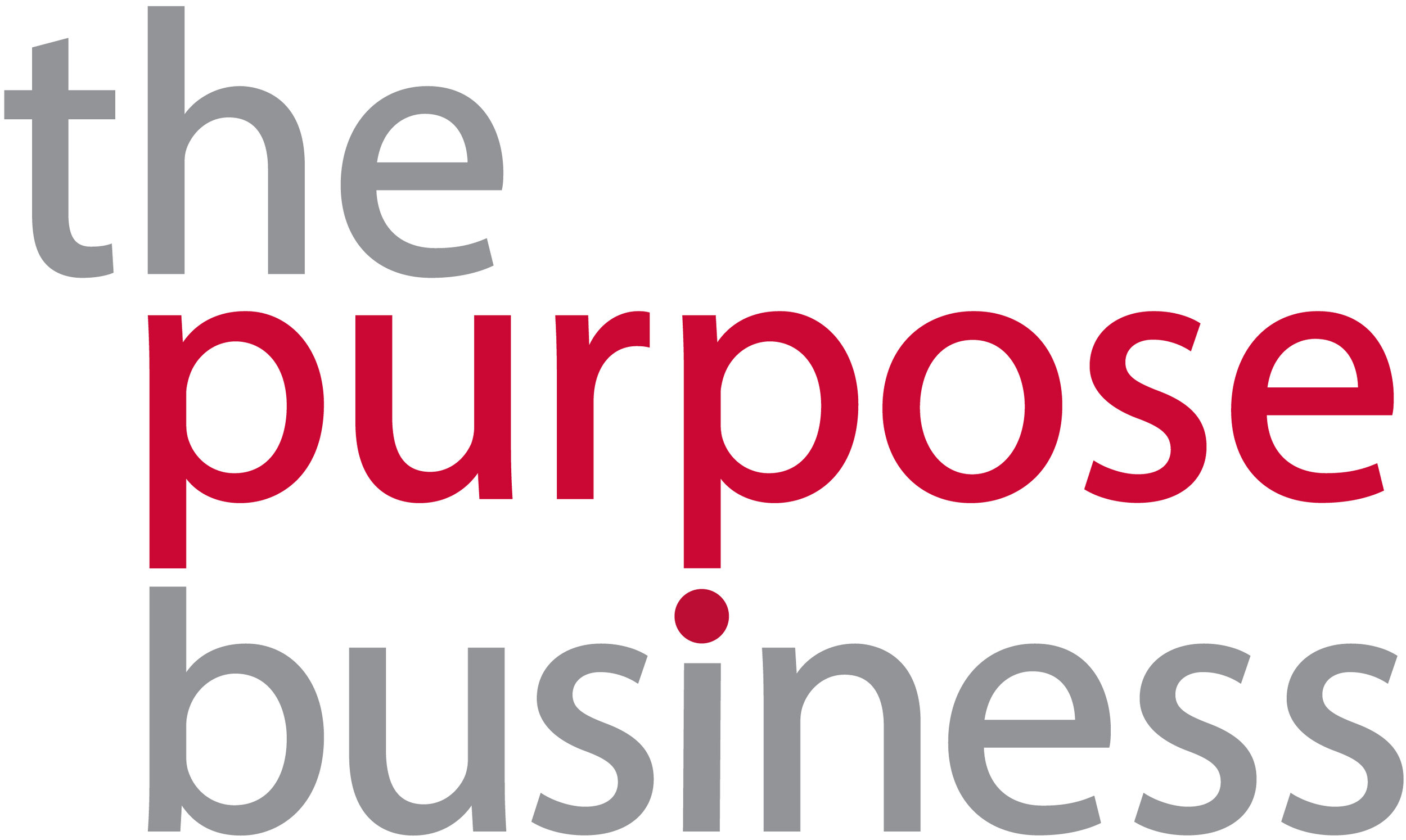Change agent: From Scrum Master to Sustainability Advisor
By Ny-Ann Nolasco
“Explaining my previous job as a Scrum Master and my current job as a Sustainability Advisor is challenging. I get glassy-eyed looks from people with the occasional polite nod when I talk about my role.
Stick with me for a few minutes and I’ll show you the parallel lessons from these two roles and how you can use them to become a change agent within your organisation.”
What is my job?
As a Scrum Master for a Fortune 500 company in San Francisco back in 2010, I had the honour of being trained and certified by Jeff Sutherland, creator of the Scrum Framework - one of the Agile Methodologies wherein product and programme deliverables, especially in tech software, are accomplished with leaner resource management and a flatter reporting hierarchy in a short time frame. My team and I functioned under this framework to deliver an innovative multi-million dollar next-generation Software as a Service (SaaS) Healthcare Platform to support electronic health records (EHR) extensions across medical fields.
As a Sustainability Advisor with The Purpose Business, I work with some of Asia’s most prominent publicly listed companies to develop their ESG (environmental, social and governance) reports, craft their sustainability strategies and facilitate workshops to ignite organisational culture change.
Spoiler alert: Both are about how you engage the team and deliver results. The difference is where you apply those skills.
What are the biggest takeaways from these careers?
Simply put, they are the transferable lessons learned when delivering impact:
1. Operational integration is a must
Scrum Masters and Sustainability Advisors ensure the project gets done within the context of the business strategy. Scrum Masters buffer the team to allow hyper focus on the work within a two-week period. That group of work is not conducted in a vacuum but done in conjunction with marketing, sales, finance and compliance timelines, making the delivered programme or service more holistic and fool-proof. The same approach applies in sustainability. Generating a holistic conversation and encouraging candid feedback is key to getting the job done as effectively and efficiently as possible.
Communication is key in operational integration for any product, project or initiative. As a nerdy introvert, the communication skills were the hardest to learn. As a Scrum Master, I had to communicate with an equally introverted and technical development team, and later learned how to communicate concise, relevant, and clear messages with the senior management team to connect recommendations with the bottom line. To summarise (and re-emphasise), effective communication is critical to operational integration for any kind of project.
2. Piloting your way to scale is not enough
In both roles, you are changing how the work gets done and the culture of the company in order to scale. Whether Scrum or sustainability, a “pilot” cannot be an excuse for half-hearted transformation. Piloting a project allows for limiting risks but requires a clear set of key performance indicators to measure success, subsequent phases for post-pilot and its own governance committee. When a company decides to move beyond the pilot and further integrate a sustainability initiative or switch to a Scrum Framework, it demands heavy investment and buy-in from the top, both financially and theoretically - resulting in policy changes and positive impact.
You can pilot anything in the conventional sense, but in Scrum and sustainability – without a top down approach, piloting your way to scale is not enough.
“You can pilot anything in the conventional sense, but in Scrum and sustainability – without a top down approach, piloting your way to scale is not enough.”
For organisations adapting Scrum, it’s implementing the full methodology within one team before scaling to all others. It is a fully delivered system change within a limited environment. Quality over quantity is most effective - implement the full Scrum in a limited group rather than half-baked with the whole.
Scaling sustainability initiatives could mean testing a new process for limited operational change in an ESG area. For example, to improve resource management by reducing waste, apply the strategy on a few select sites. Once you’ve developed the right methodology to implement, track and scale change, you can then apply it to a company-wide sustainability initiative.
3. Learning to say no without saying no
If a CEO who is supportive of your project and excited to advocate it to the board requests for additional changes, do you say no? Not exactly - especially if the suggestion makes sense.
My mentor drilled in my head that you need 64 ways to say no without saying no (there are 64 crayon colours in a box). But cultural, gender and hierarchical factors make this particularly tricky. A key part of my job was to manage these factors so I was able to deliver something usable in two weeks. Scope creep and financial resource limitations are often the roadblocks when a project can’t be delivered, but as a Scrum Master or Sustainability Advisor, scope creeps are your bread and butter. You learn to manage, not tolerate, through negotiation and communication.
“Yes, X can be done in two weeks. Currently we have the following items to deliver - should we get more resources, or should we switch focus?” As a Scrum Master and Sustainability Advisor, it’s about empowering management to make decisions with transparent information. For both, a complete picture of not only change in scope but impact of the decision is critical for success. We switch the conversation from “can you do X in two weeks” to “what is the impact if we did this in two weeks?”
“As a Scrum Master and Sustainability Advisor, it’s about empowering management to make decisions with transparent information. For both, a complete picture of not only change in scope but impact of the decision is critical for success.”
What's clear is that as a Scrum Master or Sustainability Advisor, your work is never the same, day-to-day. Both roles are hectic and rarely clear-cut, yet they have also been some of the most fulfilling parts of my career. Those who work as Scrum Masters or Sustainability Advisors do so because they love the impact of their role. Whatever side of the fence you sit on - or maybe it's both - I hope that you can relate to these three lessons from my experience and hopefully apply them in your organisation.



